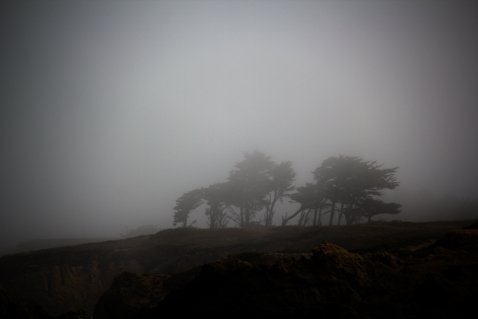the fourteenth again
/Jen’s second daughter Anja was stillborn in January 2012. Anja has an older sister, E, and a baby brother, M. Jen wrote this on the 22-month anniversary of Anja’s death. She blogs at March is for Daffodils, where this post first appeared. We are so grateful Jen is here at Glow today as a guest writer.
This morning on the walk to kindergarten, E and I talked about how we would buy flowers after school, flowers for Anja on the 14th.
‘Anja is an angel, Mommy,’ E said, full of the authority of a nearly-five-year-old going-to-schooler.
‘Do you think so, sweetie?’ I asked, non-committally.
‘I think so. But, actually, Mommy what is an angel exactly?’
‘Well, some people believe that there is a place called Heaven, which is where you live after you die, and when you are there, you are an angel,’ I explained.
‘Do you believe that Mommy?'
‘I believe that Anja’s spirit has gone into all the living things,’ I said. ‘I believe that she is in all the beautiful things we see around us.’ (Do I? Do I?)
E thinks about this for a while, smiling. Then she looks up at me and says, ‘Mommy, I really hope Anja is not a zombie.’
Christ, kid, what are they teaching you at school?
‘She’s not a zombie, love. I know that for sure.’
‘How do you know?’ E is genuinely worried.
‘Because zombies are just a story. Some grownups like to tell stories about things that scare them, but they’re not real.’
‘OK, Mommy.’ We hold hands and walk down the tree-lined block. At the corner, we run into a little boy from her class and his mother and baby sister. E and Z start talking excitedly to each other. For some reason, the topic of zombies comes up again, and it turns out there is some movie character(?) zombie who is funny(??) and can talk to dead people(???). E and Z start chanting, ‘I can talk to dead people. I can talk to dead people.’ Z’s mom smiles at the zaniness of children; I try not to grimace. My poor kid. She wishes she could talk to dead people; she knows death in a way that it is obvious very few of her peers do. ‘I know, Z,’ she says, ‘let’s go to a place where people get dead and we can talk to them.’ I wonder what she would say? I wonder where she thinks that place is? I wonder how her nearly-five-year-old mind reconciles the real death she has experienced and this fascination with death that so many of her friends are exploring.
We go into her classroom, hang up her coat and switch her rubber boots for indoor shoes. The classroom is cheerful and noisy; her teacher is happy to see her. Every morning, for the first fifteen minutes of the day, families are welcome to stay and participate in what the teacher calls ‘Noisy Reading.’ I love this time of day. We find a cozy spot and E picks out a book called ‘Chestnut Dreams.’ I open the book and start reading… Anya. The little girl in the book’s name is Anya and she has curly chestnut hair and green eyes and E looks at me in wonder. ‘Her name is Anya. Maybe that is my baby sister. That is what she looked like if she didn’t get dead.’ We read the story. I say the name Anya over and over and over again and it feels good. To have an excuse. To use the name without worrying that I will make someone uncomfortable, without being made to feel morbid or strange.
The special helper rings the book bell and it is time to put the books away and say goodbye. E says ‘hi’ to her friend, I, who is absorbed in saying goodbye to her mother and doesn’t respond. There is a flash of hurt in E’s eyes, but she runs over to another friend, D, and says, ‘D, do you want to sit next to me?’ D crosses her arms over her chest, her face furious, and yells in E’s face, ‘No!’ That is it for E; she comes back to me, her face crumpling and reddening. She buries her head in my lap and sobs.
And I wonder, as I always do, how much of it is what we see on the surface – rejection by friends; the start of a busy day – and how much of it is what she knows and keeps secret when she is out in her world – the death of her sister, the sadness in her family?
I offer to take her outside, for a hug and a chat, but she rallies, wants to stay and finds someone else to sit beside. She waves and smiles as M and I go.
M falls asleep in his carrier on the walk home, so I veer away toward the water, get a coffee and walk under the red and yellow trees by the seawall. The ocean is glassy, grey, still. It is a beautiful morning. I turn back up the park path toward our building. I look into the red leaves of the Japanese maple trees. I think about how I told E that her sister is in all the living things. I try to believe it. I practice: I say, tentatively, quietly, yearningly, ‘Hello, sweet girl, my love, my baby.’ I whisper it to the tree, to the sky, and finally, the tears come.
Where do you believe your baby is now? What do you want to believe?
If you have living children, how do you explain death and afterlife to your children?


